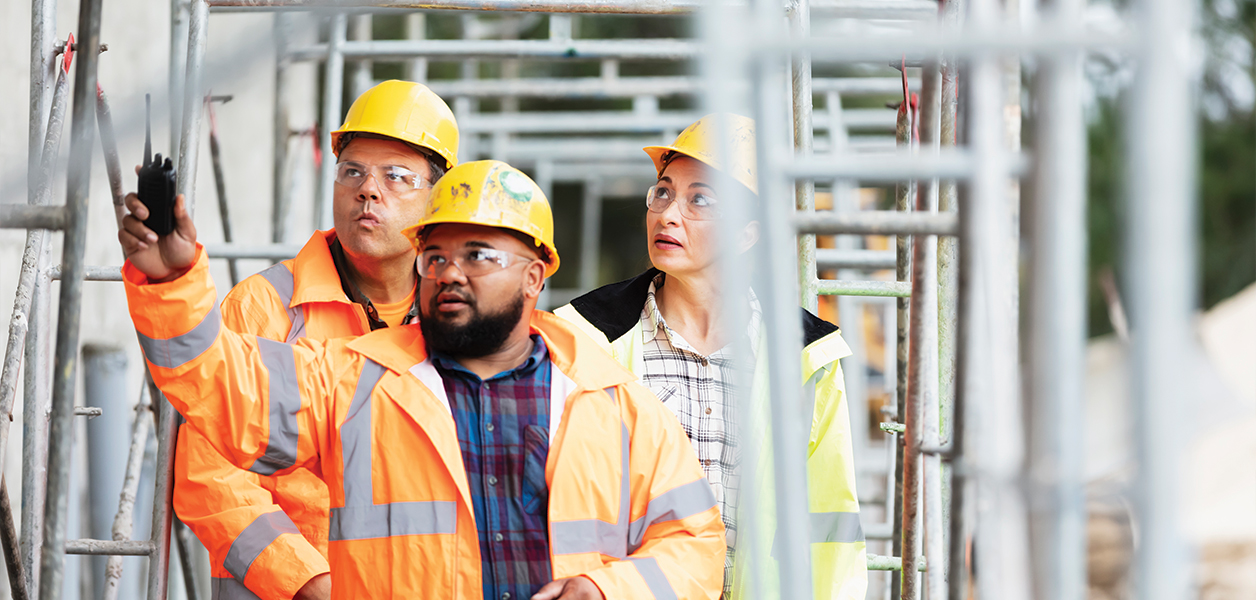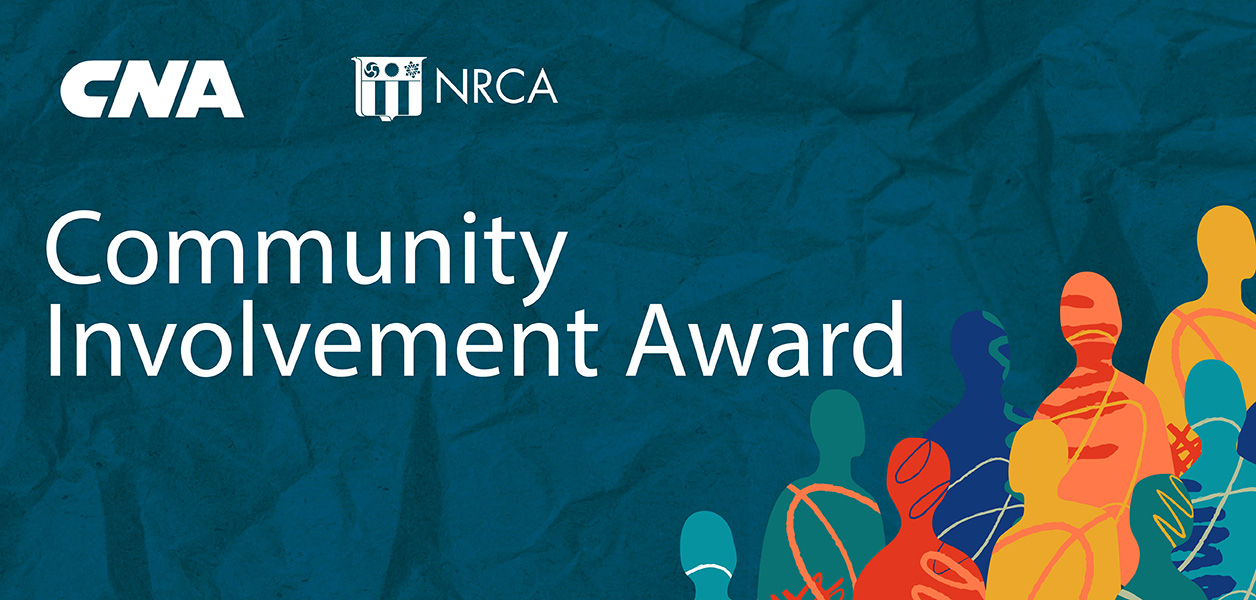Researcher Brian Kleiner, head of the Virginia Tech Myers-Lawson School of Construction, said construction employers can take steps to help combat the industry’s elevated suicide rates by enhancing their crisis management skills via training and providing flexible leave policies and counseling, according to Safety+Health magazine.
In a recent article, Kleiner explained that physical strain, cultural expectations, opioid abuse and demographics are among the characteristics that contribute to suicide in the industry, creating a potential “domino effect” between a worker’s physical and mental health.
“Construction safety, health and well-being are like a three-legged stool,” Kleiner said. “If one leg is weak, the entire stool is unstable. Also, safety, health and well-being are not mutually exclusive. For example, a worker with mental health issues may take more safety risks because they are distracted or more focused on mental issues and less able to pay attention to physical labor.”
Employers can help prevent mental health issues from escalating by understanding early warning signs. The Occupational Safety and Health Administration advises employers to be aware of changes in workers’ behavior and mood, as well as what they discuss. If an employer is concerned, he or she should ask to speak with the worker privately, listening without judgment and then encouraging the worker to contact the company’s employee assistance program and/or human resources department, or a mental health professional.
Did you know NRCA offers mental health resources? Visit NRCA’s Mental Health webpage to learn more.





